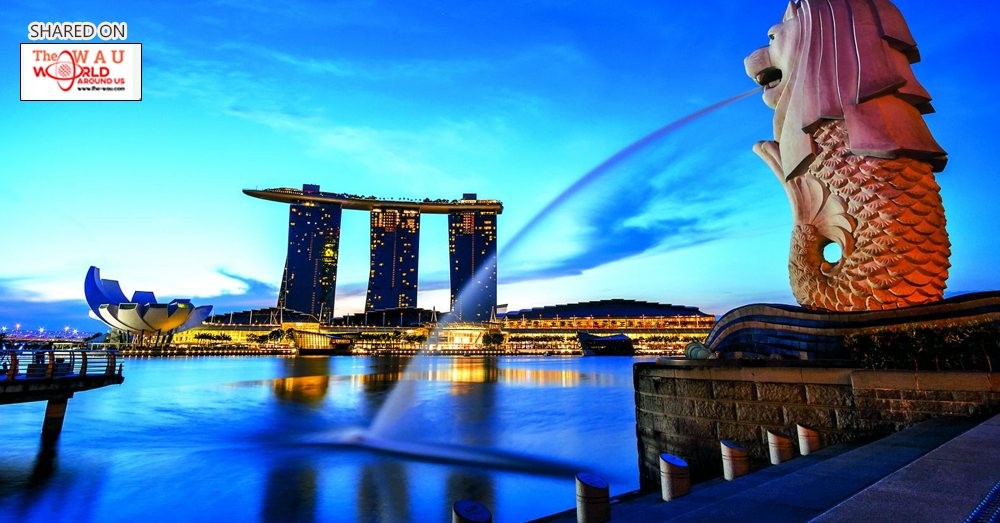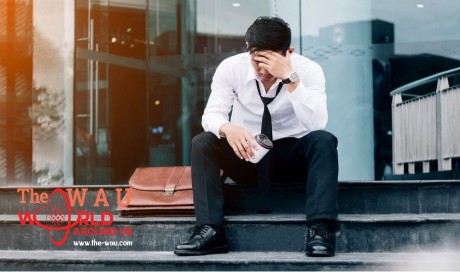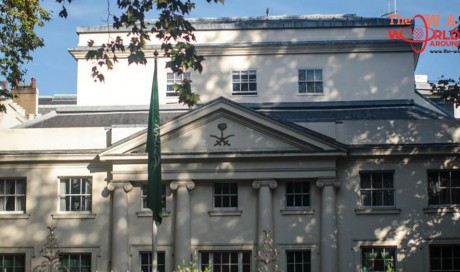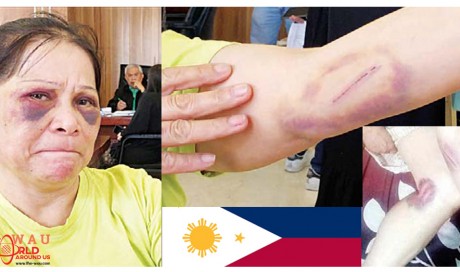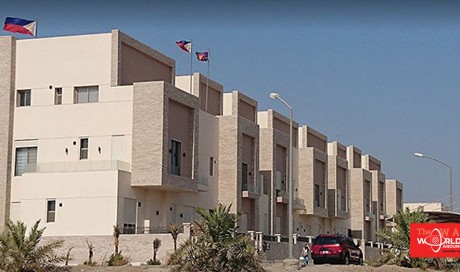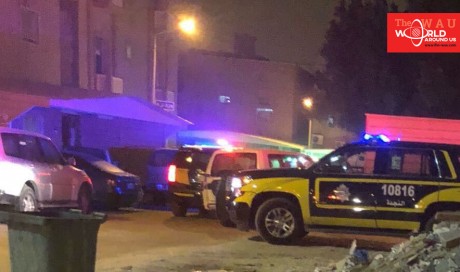There are many reasons Filipinos choose to work in Singapore. It is just a few hours flight from the Philippines and share the same timezone and climate so adjustment is just fine. It happens to be a progressive island-nation, and like many others who share the same status, workers are paid better.
But to Filipinos who are not so familiar with Singapore, here are things you should know.
1. Singapore grants many visa types across different work fields and skill levels.
Depending on what job you secured in Singapore, you will be granted a specific visa type for this. For professionals who earn at least S$3,300 a month, there is employment pass. For those who earn higher and hold executive positions, personalised employment pass is available. For mid-level skilled who earn S$2,200 a month, there is S Pass and those employed in construction, manufacturing, marine, process or services sector, one is granted work permit for foreign worker. There are separate visa types for domestic helpers, entertainers and those coming to Singapore for training.
2. Singapore laws are enforced on a more strict sense.
If we find “Bawal umihi dito”, “Do not block the driveway” or other laws we impose in the neighborhood, Singapore doesn’t have it nor need to make one. That’s because its laws are straightforward and even ordered on a granular level. For example, it is forbidden to chew gum, smoke in public, singing obscene music in public, or steal someone’s wifi connection or face fines, possible arrest or both. We have to mention that drug smuggling is punishable by death in Singapore because many Filipinos have fallen as drug mule victims.
As a result, Singapore has often been cited as a model for an orderly society.
3. Singapore has plenty of Filipino food available.
We don’t just mean Filipino food is made available by Filipinos cooking in the neighborhood. Singapore also has a number of Filipino-themed restaurants such as Kabayan at Orchard Road, Gerry’s Grill at Starhub Centre, Kusina de Pinoy at Roxy Square and a Jollibee branch in Lucky Plaza. So unlike their counterparts in many other parts of the world, Singapore-based Filipinos are lucky to have access to a variety of dishes that remind them of home.
4. Singapore has well-established Filipino community
As of 2014, there are 170,000 Filipinos based in Singapore. Such jobs vary from domestic work and food and beverage industry to hospitality, information technology and finance industries. Besides the presence of a Philippine embassy which offers labor, cultural and other similar forms of assistance to Filipinos in the Lion City, Pinoys also form strong bond on churches as they serve as members of the choir, lectors and others. The Filipino population in many churches is overwhelming that masses are sometimes celebrated in Tagalog. Once in a while Filipino celebrities visit Singapore to entertain the adoring crowd. Lucky Plaza, a multi-storey building along Orchard Road, is home to Filipino shops that offer remittance, balikbayan box and recruitment services, among others.
5. Singapore is a preferred destination for expatriates
It’s not only Filipinos looking for jobs abroad who wish to work in Singapore, it’s also expatriates from other countries who wish to mold their careers or reassigned in their company’s Asia Pacfic headquarters. And why not, Singapore offers generous financial packages and low tax rates, it’s also has a stable and orderly society, efficient means of transport and well-rounded public facilities, educational institutions and local attractions that’s a magnet for families coming over.
6. Singaporeans speak good English
The city has English, Malay, Mandarin and Tamil as official languages. For Filipinos who are trained at home to speak good English, this is good news. However, an adjustment has to be made since Singaporean version of English may differ in how it’s being delivered. There is no British or Australian twang nor American accent familiar in the Philippines. Singaporean English, otherwise known as Singlish, has cultural influences with borrowed words from other languages. It has unique slang and syntax, which are more pronounced in informal speech. Nonetheless, spoken English is not a problem as it is spoken by almost everyone includig taxi drivers, young children and police officers.
7. Singapore has a variety of living accommodations
Depending on your monthly income, there is a specific living arrangement that fits your budget. For those who receive generous expat package, housing is already part of the compensation so there is no need to worry about monthly rentals. But to most other newcomers in Singapore, they have choices whether to settle in the privacy of condominium units or share flats with others and save costs.
Many Filipinos, to save costs and maximize remittance dollars, share rooms. There are websites that advertise available rooms for rent, or occupants looking for new places to live.
8. Singapore has many holidays
Like everyone else we look forward to holidays to extend our weekend breaks. With Singapore’s multicultural society, holidays are often celebrated. Maybe it does not mean there are as many work breaks as the Philippines, which declare unofficial holidays based on executive orders, or forces of nature such as typhoons that force offices to scale down operations or shut down for the day, but Filipinos are expected to enjoy the holidays in Singapore with its festive nature.
9. Singapore has annual mega bargain sale
For Filipinos who are bound to treat themselves for working hard abroad, as well as compensate for loss of quality time with family, or hoard gifts to fill up the balikbayan box shopping is often seen as an excuse / therapy. The Great Singapore Sale is one of such opportunities to buy designer items and genuine goods at heavily discounted rates, while at such prices, it’s mostly knock offs and bootleg versions we can buy in the Philippines.
10. It’s hot in Singapore
Even though the Philippines has been experiencing mid- to late-30C temperatures, Singapore is not much different. In fact, there are times Singapore feels hotter than the Philippines, which has two seasons: dry and wet. The two countries share the same climate although Singapore rarely experience typhoons, it is affected by the Northeast Monsoon from December to May, which leads to frequent rain showers. The Southwest Monsoon, on the other hand, from May to September leads to a dryer climate and has early-morning rain showers.
So since it’s possible to experience the two seasons in one day, it is a wise decision to bring shades and umbrella all the time.
Share This Post

